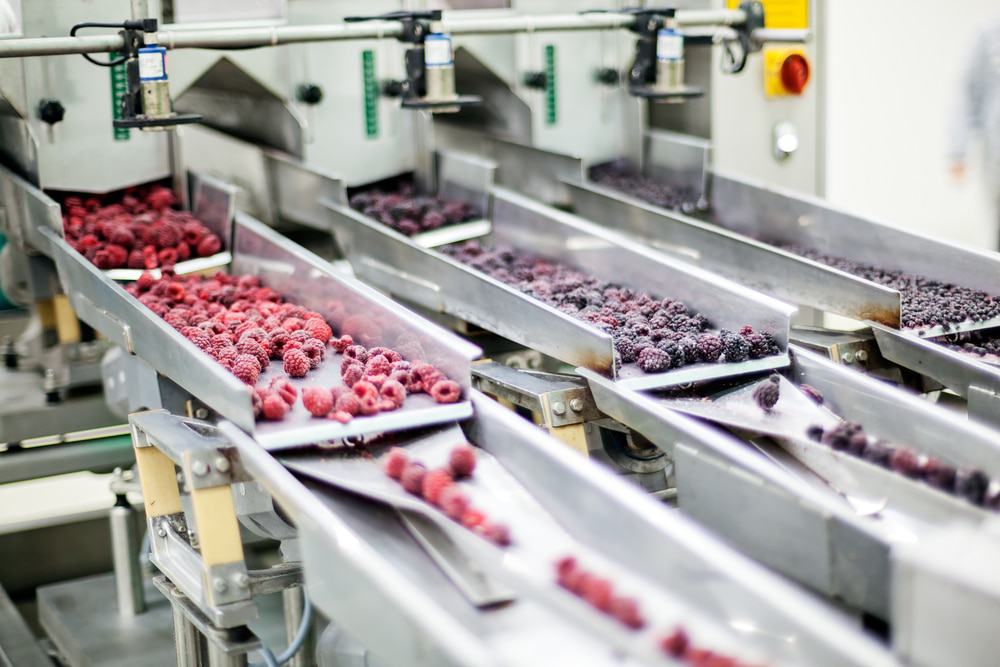Introduction
Private tag specialty foods have come to be significantly preferred in the retail market. With consumers looking for special and top quality items, exclusive label foods offer a scrumptious option that pleases their taste and meets their assumptions. In this post, we will certainly check out the world of personal tag foods, from their manufacturing to their influence on both stores and consumers.
The Rise of Private Label Food Manufacturers Australia
Private tag food makers in Australia have experienced significant growth over the last few years. These producers focus on generating private label foodstuff that cater to the specific demands and choices of retailers and customers. With a focus on high quality and advancement, they have actually carved a particular niche for themselves in the affordable food industry.

Benefits of Private Label Food Products
Private tag foodstuff offer various advantages for both sellers and consumers. Allow's take a more detailed look at some of these advantages:
1. Quality Control
One of the significant advantages of private label food products is the control over top quality. Merchants can function very closely with private label food manufacturers to make certain that the items satisfy their desired requirements. This allows merchants to supply top quality products that line up with their brand name image.
2. Customization
Private label food production permits stores to personalize their products according to their target market's preferences. Whether it's creating one-of-a-kind tastes or accommodating certain nutritional demands, private label foods give versatility in product development.
3. Affordable Pricing
Retailers can gain from affordable private label food manufacturing pricing by opting for private tag foods. Since there are no intermediaries involved, the price savings can be handed down to customers, making these products a lot more cost effective contrasted to nationwide brands.
4. Brand Differentiation
Private label foods help sellers differentiate themselves from rivals by using exclusive products not discovered in other places. This exclusivity creates a sense of loyalty amongst customers that proactively seek out these specialty items.
5. Enhanced Revenue Margins
Private tag food products commonly have higher revenue margins for stores compared to national brand names. With control over the whole production process, sellers can optimize costs and optimize their profits.
The Refine of Private Label Food Manufacturing
Private tag food production includes a number of key steps that guarantee the manufacturing of top notch products. Allow's look into the process:
1. R & D (R&D)
The R&D stage is important in private label food manufacturing. It entails marketing research to identify consumer patterns, tastes, and choices. Suppliers work closely with sellers to establish item ideas that line up with their brand and target market.
2. Dish Formulation
Once the concept is settled, manufacturers move on to dish formulation. This step includes developing a special blend of active ingredients and flavors that meet the desired taste account. Manufacturers might likewise consider including LSI keywords such as "exclusive label specialty foods" and "private label food suppliers Australia" to improve search engine optimization.
3. Evaluating and Quality Assurance
Before automation begins, makers conduct rigorous testing and quality control checks. This makes certain that the products fulfill all safety and quality requirements set by governing bodies. Private label food makers prioritize consumer contentment by providing items that are risk-free, scrumptious, and consistent.
4. Packaging Design
Packaging plays a critical duty in private label food' success. Suppliers collaborate with merchants to create product packaging that mirrors the brand name's worths and appeals to customers. Eye-catching designs incorporated with helpful tags assist attract attention on shop shelves.
5. Manufacturing and Distribution
Once the product packaging layout is approved, makers commence production widespread. They adhere to strict production techniques to maintain consistency in taste, texture, and general product quality.
Distribution of personal label foods is done through different channels like supermarkets, on the internet systems, or specialized stores. Sellers play an essential role in guaranteeing these items reach their target market effectively.
FAQs concerning Exclusive Label Foods
What are private tag foods? Exclusive tag foods are items that are made by a firm for sale under a seller's brand. These items use distinct tastes and customization options.
How can retailers take advantage of private label food manufacturing? Merchants can take advantage of private label food manufacturing by offering special items, regulating quality, and delighting in higher revenue margins.

Are private label food of excellent quality? Yes, private label food makers focus on quality assurance to ensure that their products fulfill the wanted standards established by retailers.
Can sellers customize private label food products? Yes, merchants have the flexibility to tailor private label foodstuff according to their target market's preferences.
Are private tag foods more budget friendly compared to national brand names? Yes, exclusive label foods are frequently priced competitively, making them a lot more inexpensive for consumers.
Where can consumers locate private label food products? Private label foodstuff are offered in different retail outlets such as grocery stores, online platforms, and specialized stores.
Conclusion
Private tag foods have actually transformed the retail market by offering a delicious service for both sellers and customers. With their focus on quality control, customization alternatives, and affordable prices, these specialty things use an unique experience that establishes them besides nationwide brands. Merchants can leverage the benefits of private label food manufacturing to distinguish themselves and boost their revenue margins. Customers, on the various other hand, can delight in high-grade products tailored to their preferences. As the demand for special and savory food expands, private tag foods remain to thrive on the market, accommodating the developing tastes of consumers.